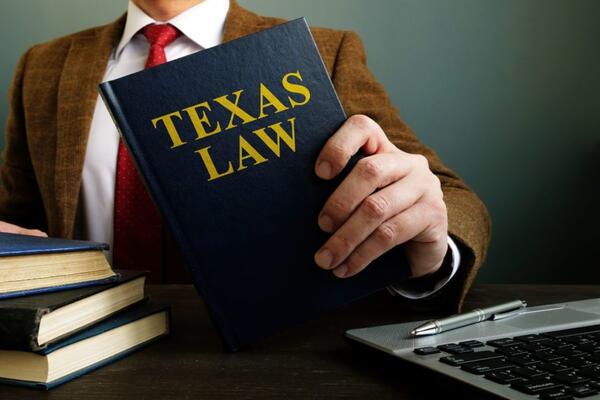
What Everyone Should Know About Wrongful Death Claims in Texas
The death of a loved one can be emotionally draining, even when it’s expected. When the fatality is unexpected and caused by someone’s negligence, emotions can run even higher. When a fatality is caused by negligence, you’re often entitled to receive compensation.
However, navigating the ins and outs of a wrongful death claim can be tricky especially if you’re not familiar with state laws. Getting legal help for wrongful death cases is almost always advisable. With that being said, it’s also a good idea to understand a few things about wrongful death claims in Texas.
There’s a Deadline to File a Claim
The Lone Star state understands you need time to grieve and get your emotions somewhat under control after losing a loved one.
Take some time, but don’t wait too long to start the wrongful death claim process. If your loved one’s death is caused by negligence, you typically only have two years to file a claim.
The two-year statute of limitations applies to fatalities caused by vehicle accidents, drunk driving wrecks, and if the death occurs during a violent felony like a physical assault. You also have two years to file a wrongful death claim in a medical malpractice case.
Yes, if a loved one dies as a result of their injuries sustained during an assault like an altercation at your favorite watering hole, you may be able to file a wrongful death claim.
There are some exceptions to the statute of limitations. Other exceptions apply to minors. For example, if a child loses their parents the statute can be temporarily paused until the minor turns 18. Another reason to pause the statute is if the plaintiff has either a physical or mental condition preventing them from participating in the case.
Every wrongful death claim is unique so it’s best to have legal help to ensure you’re not missing any deadlines.
Not Everyone Can File a Wrongful Death Claim
Like all other states, Texas has strict limitations on who can file a wrongful death claim. In other words, you probably can’t file a wrongful death claim if a co-worker dies due to someone’s negligence. This also typically applies if it’s your next-door neighbor.
So, what are the requirements for filing a wrongful death claim in Texas?
- You’re a surviving spouse, this can also apply to legally recognized common-law marriages
- You’re a surviving child, either an adult or a minor. Remember, minors may have longer than two years to file a claim
- The deceased legally adopted you
- You’re the surviving parents of a minor, adult, or adopted child. If the adult child is married, the spouse typically files the wrongful death claim
Sometimes, individuals are not survived by close family members. In this case, the legal representative of the deceased’s estate can file a wrongful death claim. Since it can get a little complicated to figure out who should file the wrongful death claim, it’s usually best to seek advice from an experienced attorney.
You Must Prove Negligence
If you can’t prove negligence, chances are you don’t have the grounds for a wrongful death claim. You must prove the four elements of negligence which are duty of care, breach of duty, causation, and damages.
An example of negligence in a wrongful death claim after a fatal vehicle accident is if the at-fault driver barrels through a stop sign and hits the car your loved one is riding in. The accident results in the death of your loved one.
If the at-fault driver had obeyed all traffic rules, like coming to a full stop at a stop sign, the accident and resulting fatality wouldn’t have happened. This is only one example of negligence in a wrongful death claim—remember, it doesn’t need to be a vehicle accident.
Negligence can also apply in situations such as an assault, medical malpractice case, and even in a slip-and-fall accident.
Damages You May Be Able to Claim
Texas allows individuals to file for a broad range of damages. You can seek compensation for damages the deceased left behind like medical expenses, funeral costs, and lost wages. You can also include non-economic damages like pain and suffering.
Some wrongful death claims also include exemplary damages, and this type of damage is only awarded by a judge or jury. Your wrongful death claim will need to go to civil court if you want to receive exemplary damages.
These damages are typically only awarded in cases where the defendant's actions are considered grossly negligent. Drunk driving is an example of this kind of scenario.
Before you start listing damages, consult with an experienced attorney to help ensure you receive full and fair compensation for your wrongful death claim.